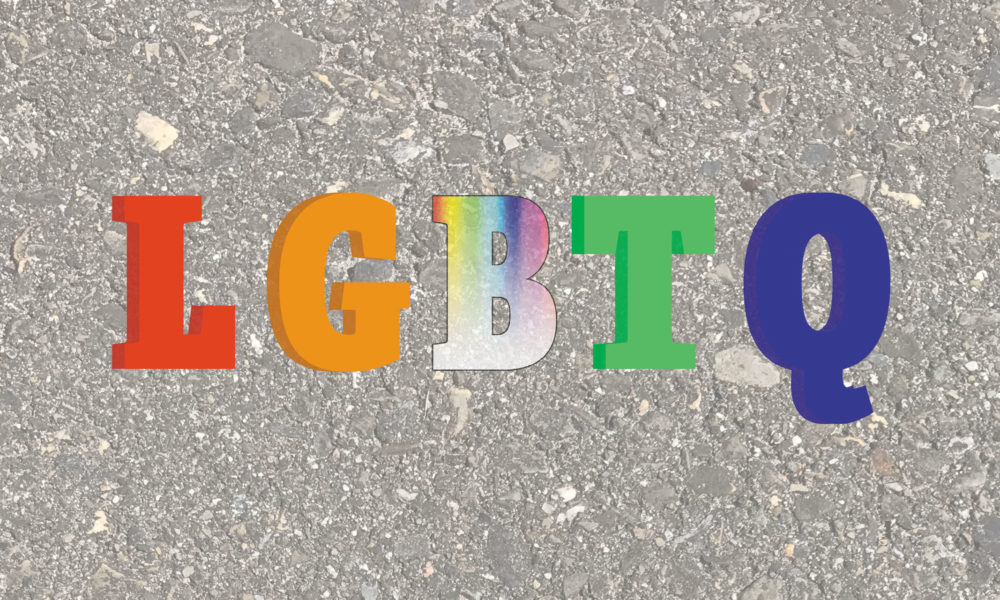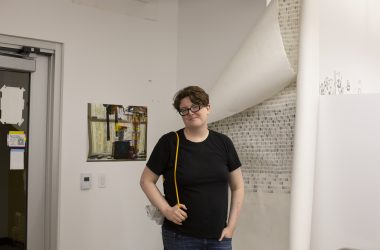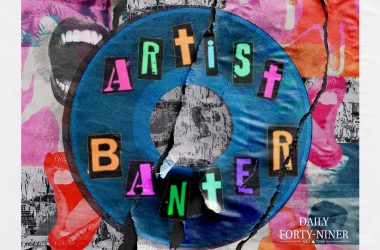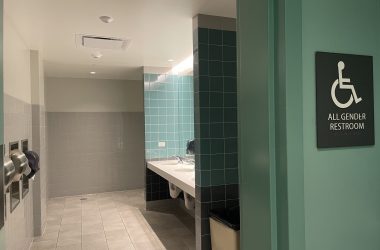By Mercedes Cannon & Rachel Hanna, staff writers
Bisexual people are often seen as too straight for the LGBTQ+ community and too gay to be straight. This “pick a side” attitude leaves bisexual people in a confusing limbo of erasure and alienation.
As a bisexual woman, Annika Brandes, like other individuals in the community, has experienced the effects of bisexual erasure.
Since the fourth-year communications major is dating a man, she said her sexuality is frequently questioned.
“Sometimes I feel like my [bisexuality] is invalidated because I am in a relationship with a man and not a woman,” Brandes said. “It feels like people are saying ‘Oh, she’s not really bisexual since she isn’t with a woman.’”
Because bisexual individuals may still have heterosexual presenting relationships, as well as same-sex relationships, they can be viewed as not fully committed as a queer individual.
“A lot of it goes back to heteronormativity,” said Shaeleya Miller, an assistant professor of sociology at Long Beach State. “Heteronormativity, really [has] to do with…assumptions that heterosexuality is the norm and…that there are two and only two genders, and that there is ‘opposite’ gender attraction.”
This means some may perceive bisexual individuals who are in heterosexual, monogamous, relationships as having the same advantages in society as straight individuals.
Miller said another issue is the prefix bi- insinuates attraction to the only the gender binary, which does not accurately capture the actual definition of the sexuality.
“This idea that ‘I’m’ attracted to…‘both genders’ which then implies that there are two and only two genders and that bisexual people are then attracted to two genders and that this excludes all other genders,” Miller said.
Miller has stated that she does not agree with this stereotype.
Brandes acknowledged that while bisexual erasure cannot invalidate her sexuality, it is still an issue.
“My happiness isn’t based on what gender my partner is,” Brandes said. “It is based on how my partner treats me. I do feel there are passive comments against my male partner which makes me uncomfortable.”
Franklin Hansen, a technical theatre major, learned he was bisexual while working as a set designer for a play about bisexuality and LGBTQ+ issues.
Hansen hasn’t experienced any backlash for being bisexual from the LGBTQ+ community but is aware that it’s a problem.
“There’s this idea you have to be fully gay or fully straight,” Hansen said.
Bisexual individuals are becoming more accepted, but there’s still a long way to go, according to Hansen.
“I feel like in pop-culture…‘Friends’ and ‘Seinfeld’ [had] characters that, after dating a man, decided to date a woman on the show, and they never mentioned [they were] bisexual,” Hansen said.
For Hansen, in order to end the erasure of bisexual individuals from the LGBTQ+ community, the idea that people can identify as bisexual must be accepted.
“People are acknowledging that bisexual people exist instead of referring to them as turning gay,” Hansen said. “It’s hope for the future.”
This article previously reported Annika Brandes’ major incorrectly. It was corrected Oct. 23 at 9:34 p.m.
Statements, some of which were quotes from Shaeleya Miller, assistant professor of sociology, were removed and clarifications were added on Oct. 24 at 6:50 p.m.
Statements were removed and context was added to quotes said by Shaeleya Miller, assistant professor of sociology, on Oct. 25 at 11:39 a.m.




